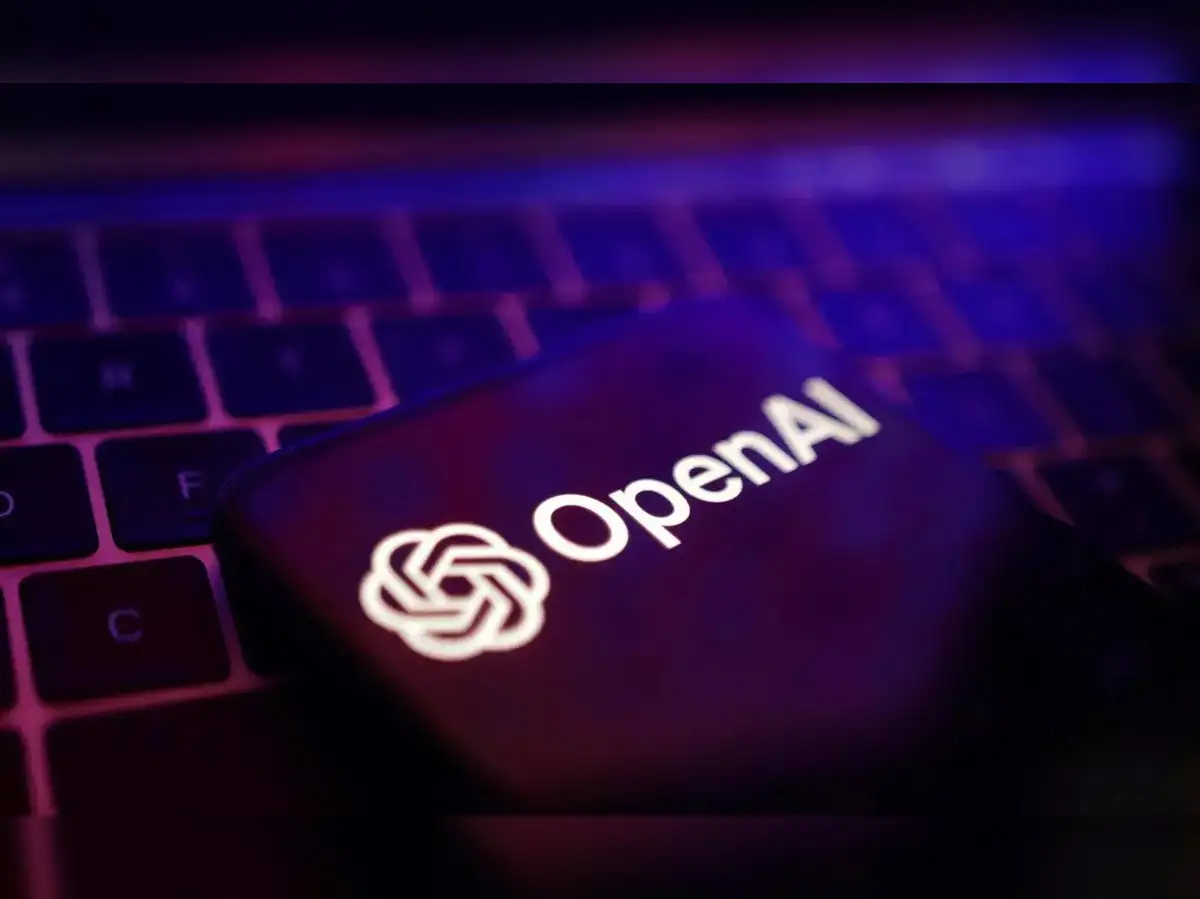Exploring the Future of AI: Innovations, Challenges, and Legalities
Author: AI Technology Reporter

Artificial intelligence (AI) continues to redefine sectors globally, spearheading innovations that enhance productivity, safety, and efficiency. In recent years, companies like OpenAI, Google, and ECOVACS have made headlines with groundbreaking developments in AI technologies. This article provides a comprehensive analysis of significant advancements, the challenges they pose, and the escalating legal debates surrounding AI's impact on industries.
Recent podcasts have discussed the implications of AI in logistics, questioning how AI can make workplaces safer. The logistics sector is notoriously hazardous, and with the rise of automation and AI, businesses are exploring how these technologies can mitigate risks and ensure employee safety. Experts argue that AI can analyze workplace conditions in real time, predict incidents before they occur, and provide actionable insights to minimize dangers.
To delve deeper, a podcast titled 'Can AI Make the Logistics Workplace Safer?' hosted by Robert J. Bowman from SupplyChainBrain, explores these themes thoroughly. While specific content is restricted to paid subscribers, the overarching discussion underscores the necessity of integrating AI into safety protocols within the logistics industry. With increased automation, the need to reassess and reform workplace safety measures has never been more critical.

AI technologies are reshaping safety standards in the logistics industry.
On the business front, startups are increasingly leaning on AI to steer their growth strategies and innovations. A recent guide titled 'How to Build a Startup Using Artificial Intelligence' serves as a pivotal resource for entrepreneurs looking to utilize AI effectively. It offers practical steps and strategies for integrating AI into business models. The emphasis is on harnessing AI tools to boost innovation and drive long-term sustainable growth.
The guide, published by Analytics Insight, outlines how startups should embrace AI technologies in their formative stages. Entrepreneurs are encouraged to adopt a curious mindset toward AI, exploring various applications that can distinguish their offerings in a competitive market. Key recommendations include conducting thorough market research to identify AI trends relevant to their industry.

The guide provides entrepreneurs with actionable strategies for leveraging AI in startups.
Meanwhile, in the realm of personal reflection, Andrew Moss comments on AI’s implications for our humanity in his piece titled 'AI and I-Thou.' Moss raises thought-provoking questions about the relationship between humans and AI, urging readers to reconsider their interactions with these technologies. The exploration of AI through the lens of human connection is increasingly relevant as businesses and individuals alike grapple with the challenge of maintaining a semblance of humanity in a world increasingly dominated by machines.
Moss's commentary reinforces the notion that as AI systems become more integrated into daily life, it is paramount to foster dialogues about ethical considerations and humanity's role in a rapidly evolving digital landscape. It encourages readers to reflect on what it means to be human in an age where machines can simulate human-like interactions.

Andrew Moss discusses the nuances of human interactions with AI technologies.
Legal challenges related to AI technologies are becoming increasingly prominent, with cases like the one involving Warner Bros. Discovery suing Midjourney for copyright infringement. As AI-generated art continues to flourish, major entertainment companies are stepping up to protect their intellectual property. Warner Bros. alleges that Midjourney has exploited its characters without permission, creating images that infringe on copyright laws.
This lawsuit raises critical questions about ownership and copyright in the AI space, where machines can synthesize existing work to generate new content. The legal scrutiny around AI tools reflects broader concerns within the industry regarding the balance between innovation and intellectual property rights. As AI capabilities grow, the legal frameworks governing these advancements must adapt to mitigate risks of infringement.

Warner Bros. Discovery's lawsuit against Midjourney aims to protect its intellectual property rights.
In addition to legal matters, the tech giant OpenAI announced plans to mass-produce its own AI chips in collaboration with Broadcom, a strategic move to decrease its reliance on Nvidia. This initiative reflects a broader industry trend where major tech companies are seeking to develop custom solutions for AI workloads.
The shift towards in-house chip production is crucial for OpenAI as it prepares to meet the growing demand for AI capabilities. By tailoring hardware to its specific needs, OpenAI aims to optimize performance and efficiency, thereby enhancing its competitive edge in an increasingly crowded marketplace.

OpenAI plans to begin mass production of its own AI chips in 2026, a significant step toward self-sufficiency.
Another innovative player, ECOVACS, recently unveiled its new DEEBOT X11 robotic vacuum cleaner, which features PowerBoost technology. This advancement represents a leap towards a future where home cleaning is more efficient and intelligent. The DEEBOT X11 utilizes innovative charging methods to extend its runtime and cleaning efficiency, showcasing how AI can facilitate daily tasks.
This launch at IFA 2025 underscores the role of service robots in our households and how companies strive to make home environments smarter and more manageable. ECOVACS' investment in technology reflects its commitment to creating intelligent solutions that significantly improve user experiences in home cleaning.

ECOVACS showcases the DEEBOT X11 at IFA 2025, highlighting advancements in home cleaning technology.
As industries continue to grapple with the integration of AI technologies, the coming years will be pivotal for developing ethical frameworks and legal standards to govern these innovations. The challenges, opportunities, and responsibilities presented by AI require collaborative efforts among businesses, technologists, and policymakers to navigate this evolving landscape.
In conclusion, AI is transforming how businesses operate, impacting workplace safety, startup culture, and consumer technology. As we embrace these advancements, it is crucial to maintain a dialogue about the ethical implications and the need for robust legal protections to navigate the future of AI responsibly.